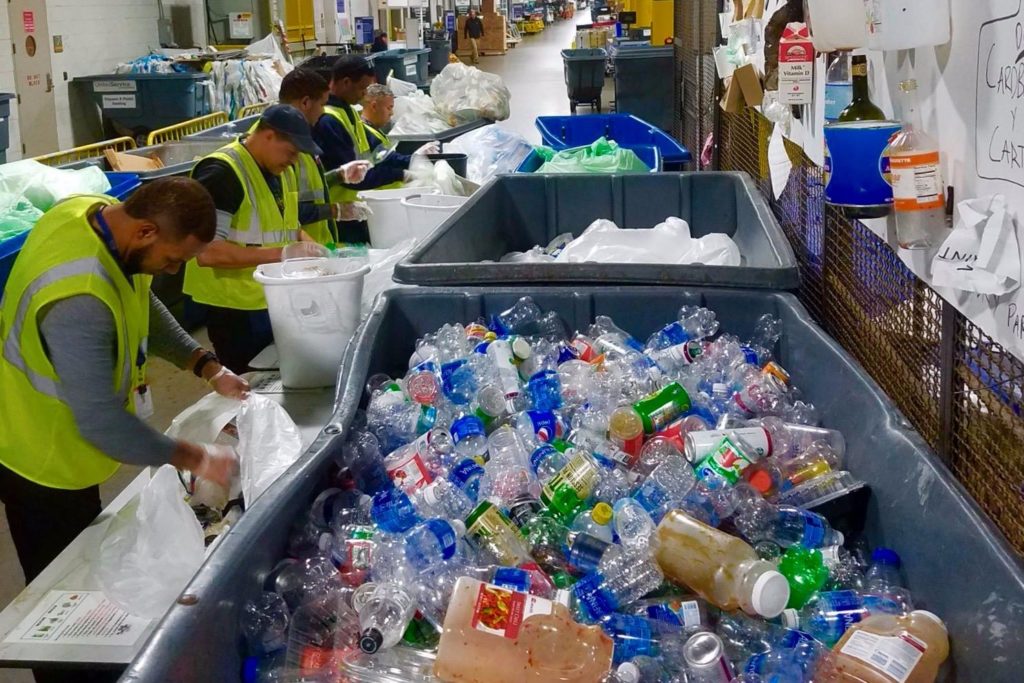In the wake of escalating environmental concerns and a global push towards sustainable practices, waste-to-wealth initiatives have emerged as a beacon of hope, offering innovative solutions to the ever-growing issue of waste management. As societies grapple with the consequences of rampant consumerism and the linear take, make, dispose model, a paradigm shift towards circular economies and eco-conscious waste management services has become imperative. Waste-to-wealth is a concept that transcends traditional waste management methods, transforming discarded materials into valuable resources. This approach not only mitigates the adverse environmental impact of waste but also presents economic opportunities for businesses and communities willing to embrace a more sustainable future. One of the key pillars of waste-to-wealth initiatives is recycling. Traditional recycling processes involve collecting, sorting, and reprocessing materials like paper, plastic, glass, and metal. However, modern waste management services go beyond conventional recycling by incorporating advanced technologies and innovative methods.

For instance, advancements in waste-to-energy technologies allow for the conversion of organic waste into bioenergy, contributing to cleaner energy production and reducing reliance on finite fossil fuels. Eco-conscious waste management services also play a pivotal role in reducing landfill dependence. Landfills are not only eyesores but also significant sources of environmental degradation, emitting greenhouse gases and leaching harmful chemicals into the soil and water. Local waste management companies diverting waste from landfills through recycling, composting, and energy recovery, waste-to-wealth initiatives help minimizes the environmental footprint associated with waste disposal. Moreover, waste-to-wealth programs contribute to the creation of a circular economy, wherein products and materials are reused, repaired, or recycled, reducing the demand for new resources. Circular economies emphasize a regenerative approach, promoting sustainable consumption patterns that prioritize longevity and resource efficiency. This shift away from a linear economy fosters a closed-loop system where waste becomes a valuable input for new production cycles. Businesses are increasingly recognizing the economic potential of waste-to-wealth initiatives.
This not only helps reduce production costs but also caters to the growing consumer demand for eco-friendly products. Communities, too, stand to benefit from waste-to-wealth approaches. As local governments invest in efficient waste management systems, they not only contribute to environmental conservation but also enhance the overall well-being of residents. Reduced pollution, improved air and water quality, and the creation of green jobs are some of the direct benefits that communities can reap from embracing eco-conscious waste management services. In conclusion, waste-to-wealth initiatives represent a transformative approach to waste management, steering societies towards a more sustainable and economically viable future. By harnessing the potential of recycling, energy recovery, and circular economy principles, we can not only address the immediate challenges posed by waste but also pave the way for a more resilient and eco-conscious world. As individuals, businesses, and governments join hands in navigating this path, the waste-to-wealth paradigm promises a brighter and more sustainable future for generations to come.


